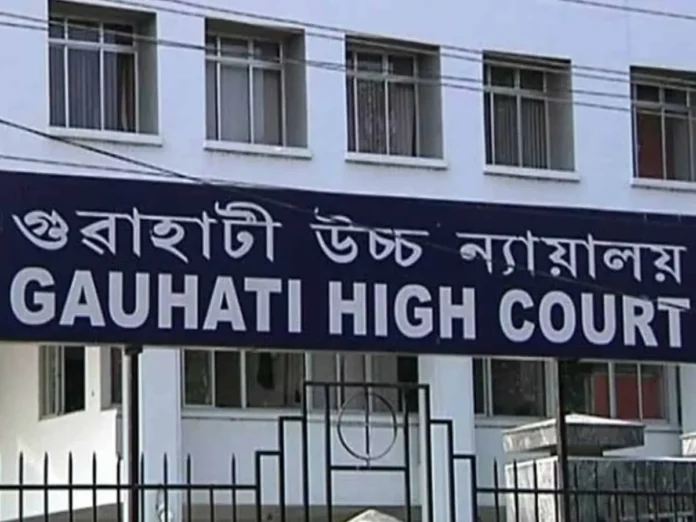In a landmark judgment, the Gauhati High Court has granted permission for the abortion of a 15-year-old gangrape victim who is 26 weeks pregnant. The case, originating from Assam’s Tinsukia district, highlights the intersection of legal provisions, medical ethics, and humanitarian considerations.
Exceptional Circumstances Prompt Court Intervention
The minor, aged 14 at the time of the assault, became pregnant after being gangraped by seven individuals, including four minors. The case came to light through a media report, prompting the Gauhati High Court to take suo motu cognizance.
A division bench, comprising Justice Kalyan Rai Surana and Justice Susmita Phukan Khaund, directed the Assam government to facilitate the medical termination of pregnancy (MTP) and submit a status report by December 19.
Medical Termination of Pregnancy Act and Legal Considerations
Under the Medical Termination of Pregnancy Act, 1971 (MTPA), abortions are generally prohibited beyond 24 weeks of gestation. Exceptions can be made in cases where the pregnancy poses a risk to the life or physical and mental health of the woman.
The court cited exceptional circumstances in this case, noting the profound impact on the minor’s physical and mental well-being. It also referred to a recent Supreme Court judgment in a similar case from Maharashtra, reinforcing the judiciary’s authority to intervene in such situations under Article 226 of the Constitution of India.
Formation of Medical Board and Committee
The court directed the formation of a medical board and a district-level committee, as mandated by the MTPA, to evaluate the minor’s condition. The board’s report deemed the victim fit to undergo an obstetrical procedure but refrained from explicitly recommending termination due to the Act’s limitations.
Acknowledging the medical risks involved, the court observed that these are comparable to the risks associated with delivering the baby at full term. It ruled that proceeding with the termination was in the best interest of the minor, both physically and psychologically.
Judicial Orders and Safeguards
The bench emphasized that the procedure is being conducted under judicial orders, ensuring that penal provisions under the MTPA do not apply in this case. The High Court directed the Assam government to:
- Bear all expenses related to the procedure.
- Form a team of expert medical practitioners to perform the abortion, either in Tinsukia or at Assam Medical College and Hospital in Dibrugarh.
- Provide counselling support to the victim before and after the procedure to address the psychological trauma.
The victim and her parents gave informed consent for the termination, fully aware of the risks involved.
Balancing Legal and Humanitarian Concerns
The judgment reflects the court’s commitment to balancing the legal framework with the urgent need to protect the victim’s physical and mental health. It recognizes the profound trauma faced by the minor and prioritizes her well-being in a deeply distressing situation.
The High Court noted,
“This is a fit case for ordering MTP of an unwanted foetus, which would be in the best interest of the victim given her minority and the exceptional circumstances surrounding the case.”
A Wake-Up Call for Systemic Reforms
This case sheds light on the vulnerabilities of sexual violence survivors, particularly minors, and underscores the need for systemic reforms to address such cases promptly and sensitively.
- Strengthening Legal Provisions: While the MTPA provides a robust framework, more flexibility may be required for exceptional cases to prevent prolonged legal battles.
- Medical Support for Survivors: Comprehensive healthcare, including mental health support, must be prioritized for sexual violence survivors.
- Community Awareness: Initiatives to raise awareness about legal rights and support systems can empower victims and their families.
The Gauhati High Court’s decision to approve the abortion of a 26-week pregnancy for a 15-year-old gangrape victim sets a critical precedent. By aligning legal provisions with humanitarian considerations, the court has ensured the minor’s best interests remain paramount.
This landmark ruling serves as a poignant reminder of the judiciary’s role in safeguarding the rights and well-being of vulnerable individuals. As the state government fulfills the court’s directives, it is essential to continue advocating for systemic changes that protect survivors of sexual violence and uphold their dignity.


